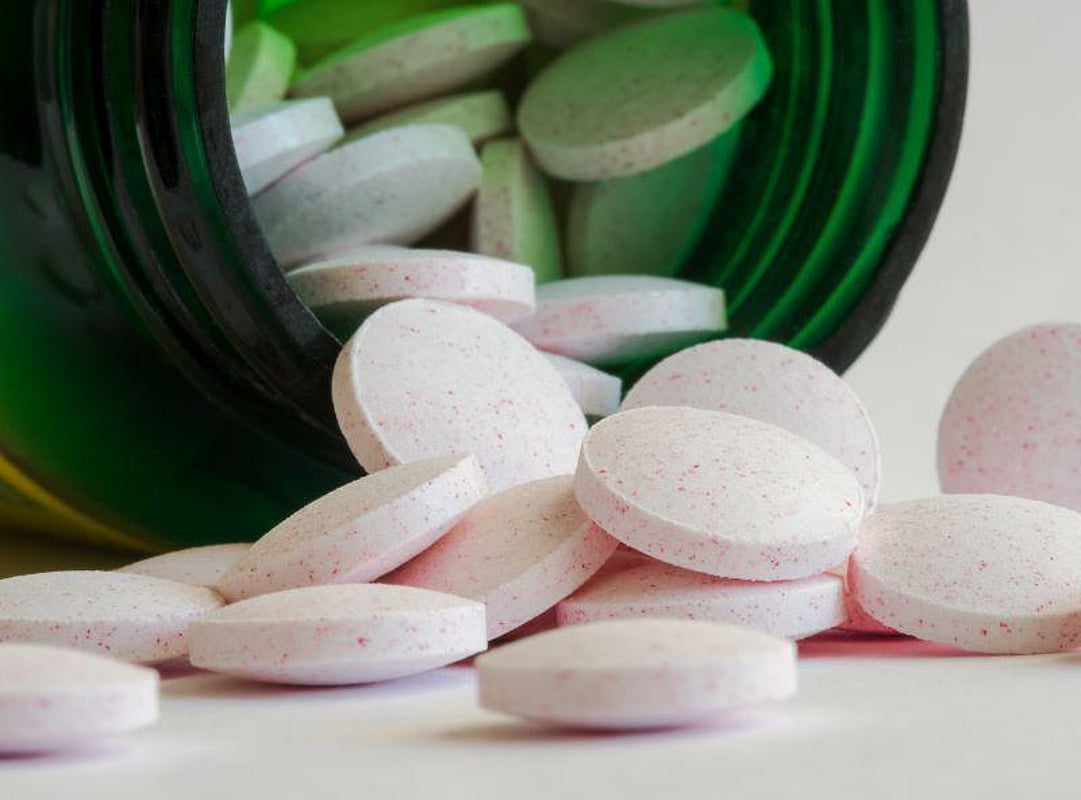Prevalence of Melatonin Supplement Use Increased Over Time

TUESDAY, Feb. 1, 2022 (HealthDay News) -- The reported prevalence of melatonin supplement consumption increased significantly from 1999-2000 to 2017-2018, with prevalence of use of more than 5 mg/day also increasing, starting in 2005 to 2006, according to a research letter published in the Feb. 1 issue of the Journal of the American Medical Association.
Jingen Li, M.D., Ph.D., from the Beijing University of Chinese Medicine, and colleagues used data from the 1999 to 2000 through 2017 to 2018 cycles of the National Health and Nutrition Examination Survey to examine reported prevalence and trends in use of melatonin supplements among U.S. adults; data were included from 55,021 adults (mean age, 47.5 years). In addition, the prevalence of using more than 5 mg/day of melatonin was examined.
The researchers found that the overall reported weighted prevalence of melatonin use increased from 0.4 to 2.1 percent from 1999-2000 to 2017-2018, with the increase beginning in 2009 to 2010. Similar trends were seen across sex and age groups. There were no reports of melatonin use greater than 5 mg/day before 2005 to 2006. The reported prevalence then increased from 0.08 to 0.28 percent in 2005-2006 to 2017-2018.
"These estimates may raise safety concerns, especially given that the actual content of melatonin in marketed supplements may be up to 478 percent higher than the labeled content and that evidence supporting melatonin use for sleep disturbances is weak," the authors write.
One author disclosed financial ties to the pharmaceutical industry.
Abstract/Full Text (subscription or payment may be required)
Related Posts
El tratamiento para la depresión comienza a cambiar el cerebro en 6 semanas
MIÉRCOLES, 2 de noviembre de 2022 (HealthDay News) -- Una nueva investigación...
Another Study Finds Kids of Same-Sex Parents Do Just Fine
WEDNESDAY, May 25, 2022 (HealthDay News) -- Children raised by same-sex parents...
Why Football Players Want a Lower Number on Their Jerseys
THURSDAY, Sept. 7, 2023 (HealthDay News) -- “Vain” isn’t a word normally...
CDC Recommends RSV Shot for All Infants
FRIDAY, Aug. 4, 2023 (HealthDay News) – The U.S. Centers for Disease Control and...
